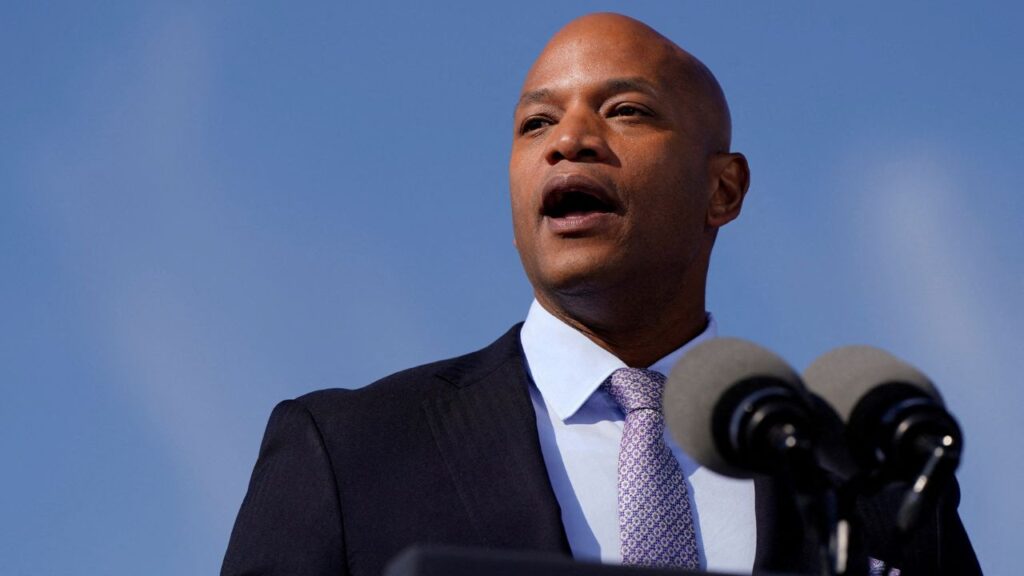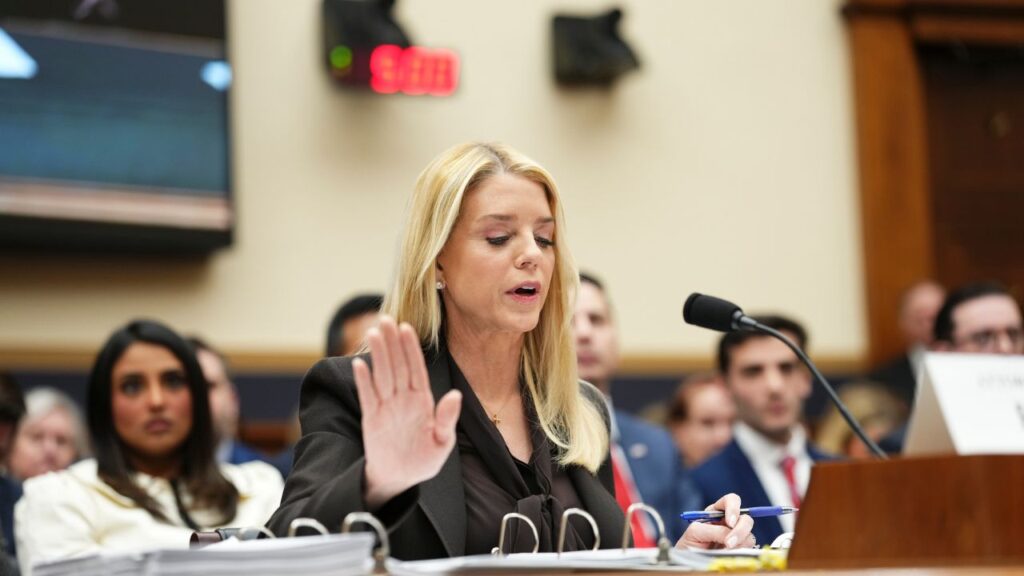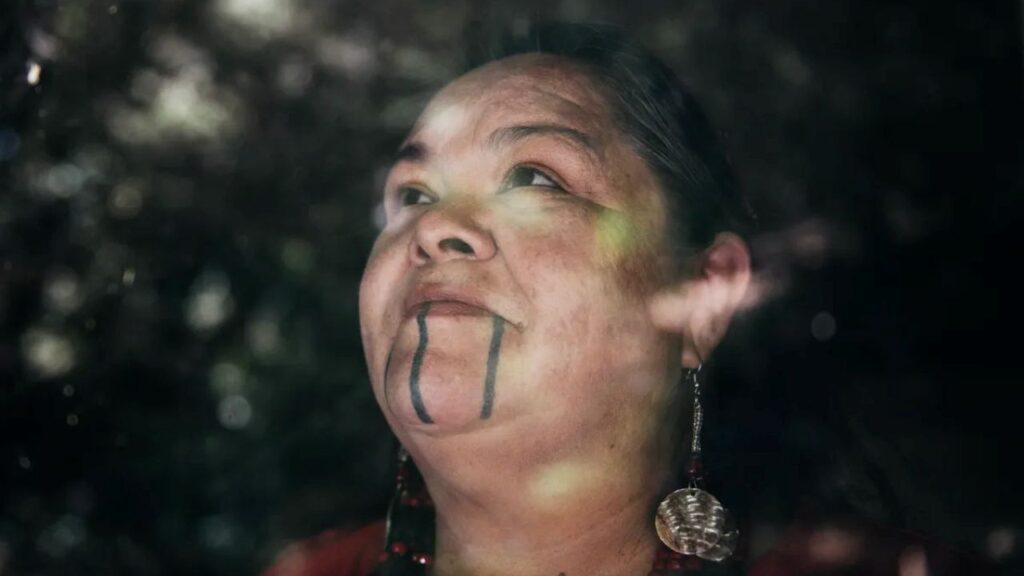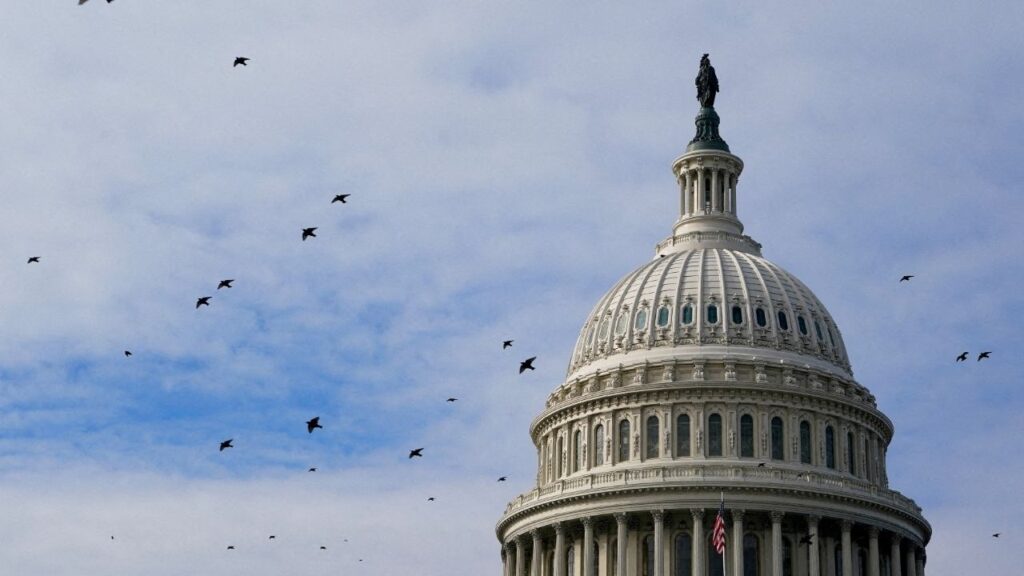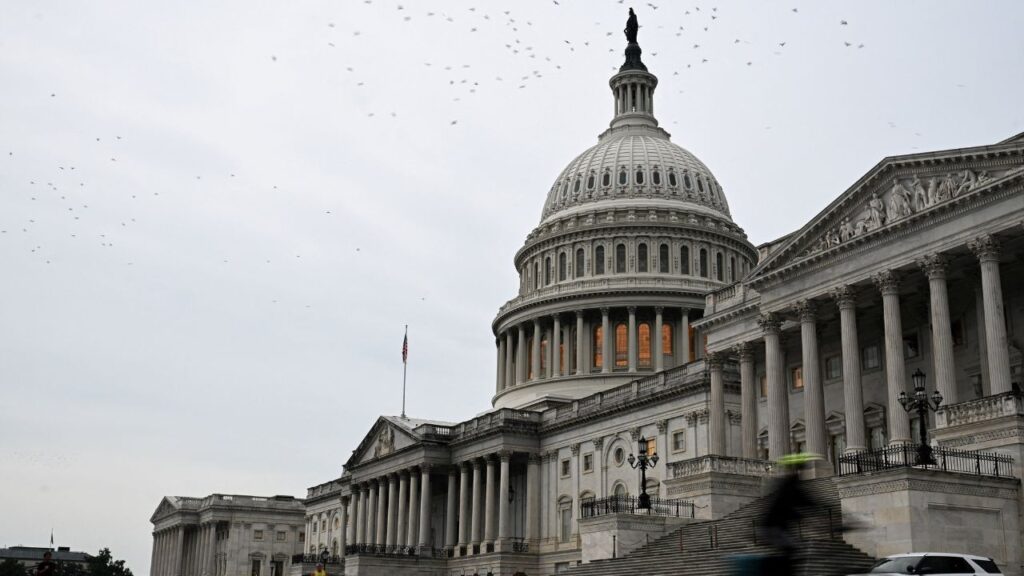Ukraine's Parliament passed a bill allowing certain convicts to serve in the military for a chance at parole. (Shutterstock)
Share
|
Getting your Trinity Audio player ready...
|
Ukraine’s Parliament passed a bill on Wednesday that would allow certain convicts to serve in the military in exchange for the chance of parole after their service, aiming to bolster the army’s ranks after years of conflict. This practice is currently used in Russia, which has drafted thousands of inmates.
“The only way to survive in an all-out war against an enemy with more resources is to consolidate all forces,” said Olena Shulyak, leader of President Volodymyr Zelensky’s party.
Bill Waiting on Zelensky
The bill awaits Zelensky’s signature, and its fate is uncertain given the sensitivity of the issue.
Related Story: Israel Says It Reopened a Key Gaza Crossing After a Rocket Attack but the UN ...
However, the Ukrainian bill excludes convicts of serious crimes like premeditated murder or rape, though some lawmakers suggested those convicted of involuntary manslaughter might be considered.
The decision to mobilize and parole a prisoner for military service would be determined by a court, requiring the prisoner’s consent to join the army. Those serving would be part of special units during martial law and would not be demobilized until the war ends.
This bill joins other recent efforts by Ukraine’s government to strengthen its military, such as lowering the draft age.
Critics argue that Ukraine’s mobilization system is hindered by bureaucracy and corruption, leading to draft dodging.
Related Story: India Votes in Third Phase of National Elections; Modi Escalates His Rhetoric ...
Large Manpower Imbalance
Ukrainian General Yurii Sodol highlighted the severe manpower imbalance in certain areas of conflict. The bill’s passage could see 15,000 to 20,000 prisoners mobilized, according to David Arakhamia, head of Zelensky’s party in Parliament.
This move recalls wartime practices such as those in World War II, where prisoners were drafted into armies during periods of manpower shortages.
However, the decision is likely to spark debate and may face delays in being signed into law, reflecting the complex discussions around military strategies and ethics.
To read more about this story, click here.
RELATED TOPICS:
Categories

Israel to Join Trump’s ‘Board of Peace’, Netanyahu Says
